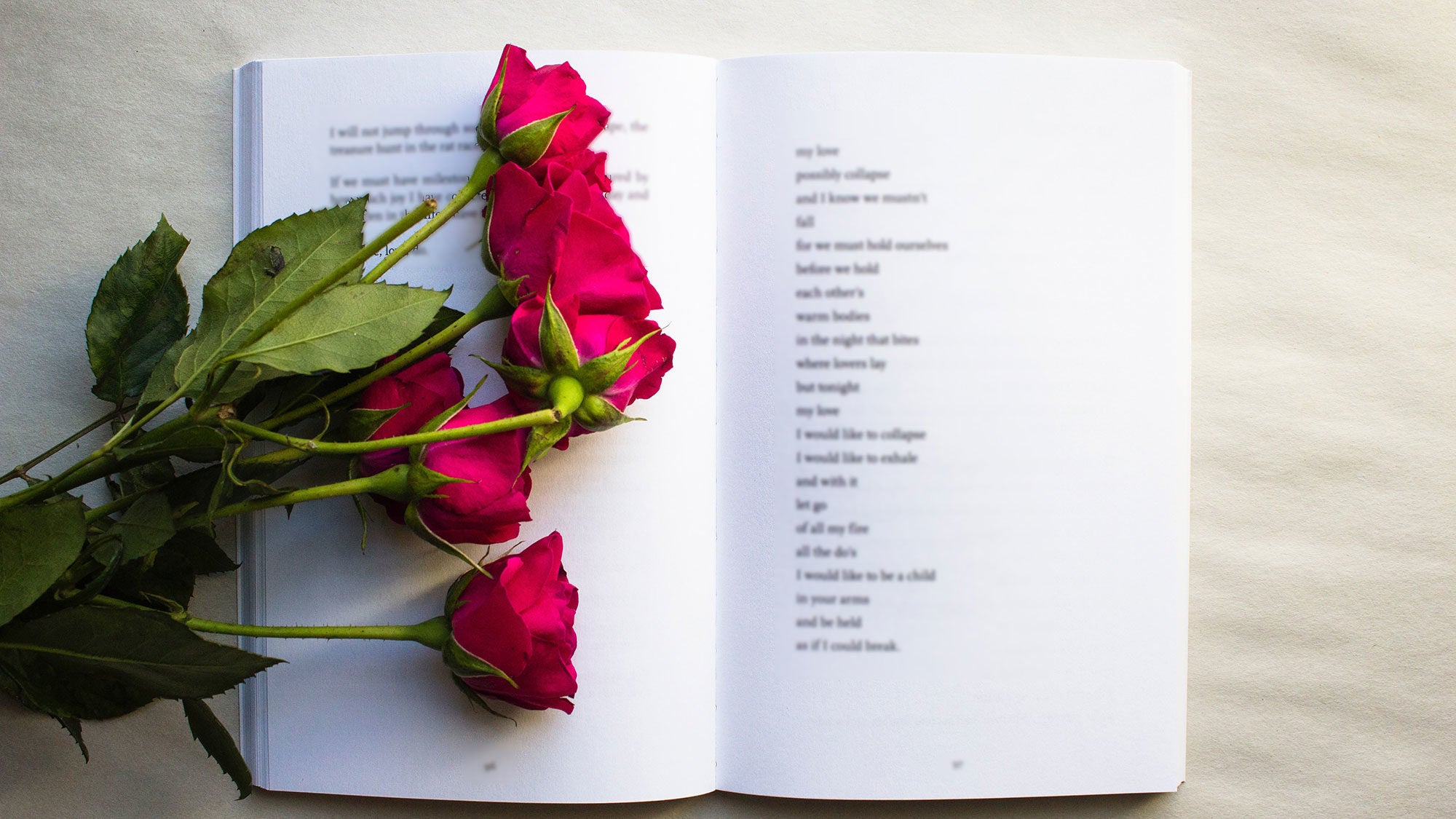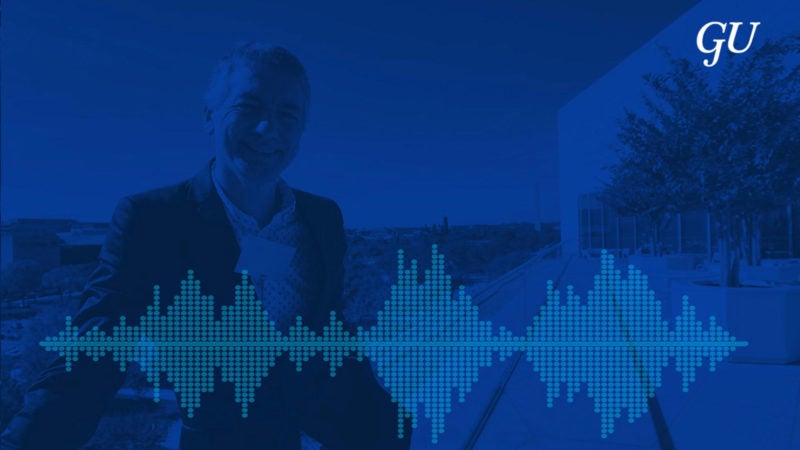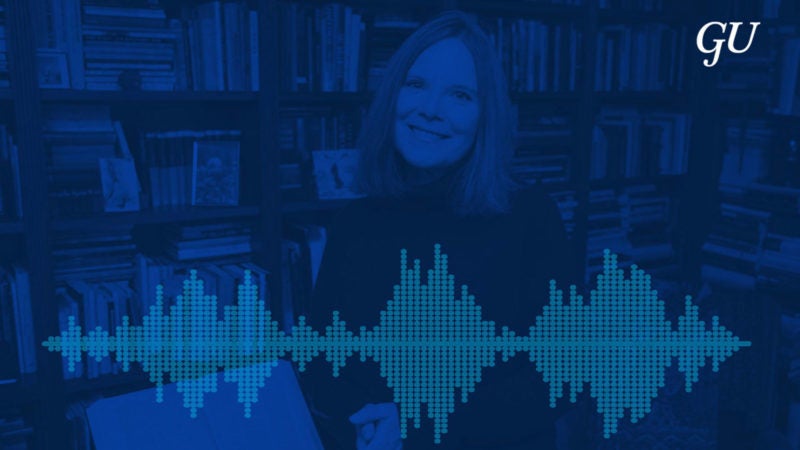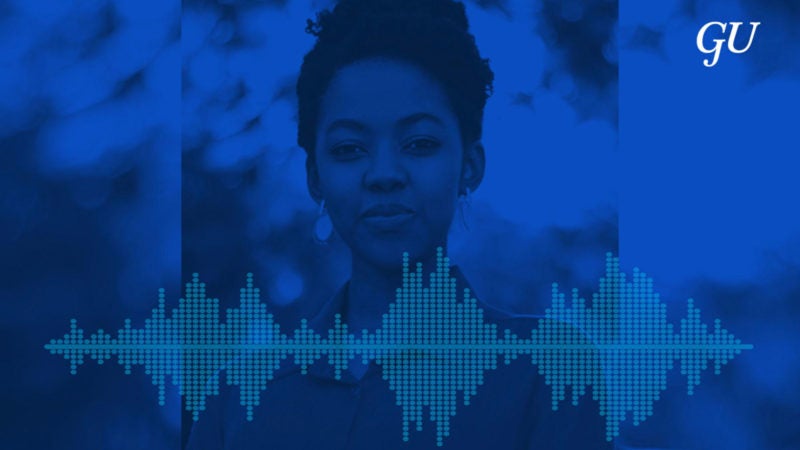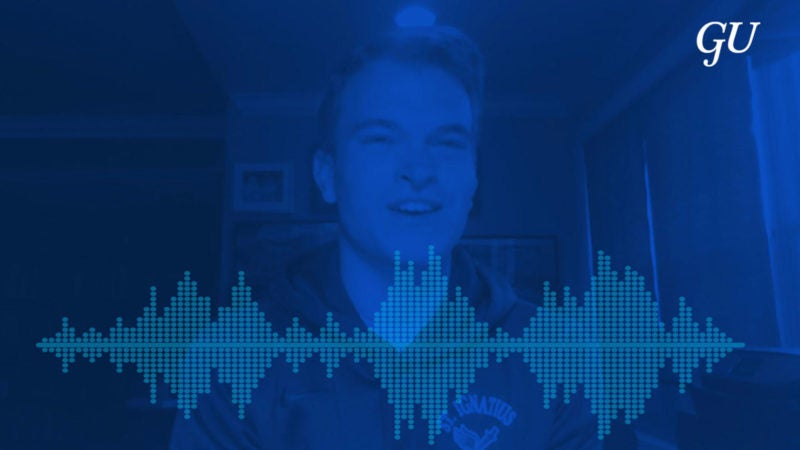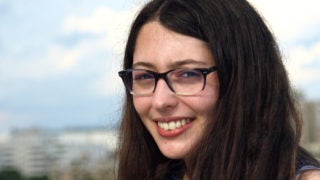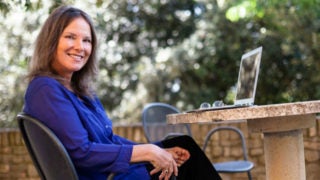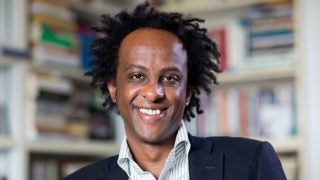Time of Plague
“Poets are often people who see very clearly the problems in the world, and their works often come from a sense of despair because they feel they can’t do anything about it,” says Wu, an expert on Romanticism and contemporary British drama.
Wu’s research mostly focuses on the Romantic poets, such as William Wordsworth, John Keats, Percy Shelley and Lord Byron. He’s co-edited and authored The Oxford Handbook of William Wordsworth (Oxford University Press, 2014), four editions of Romanticism: An Anthology (Wiley-Blackwell, 1994, 1998, 2007, 2012) and several other books.
These days, the literary scholar has found himself recalling the now relevant stanzas from Elizabethan poet Thomas Nashe’s “Litany in a Time of Plague.”
